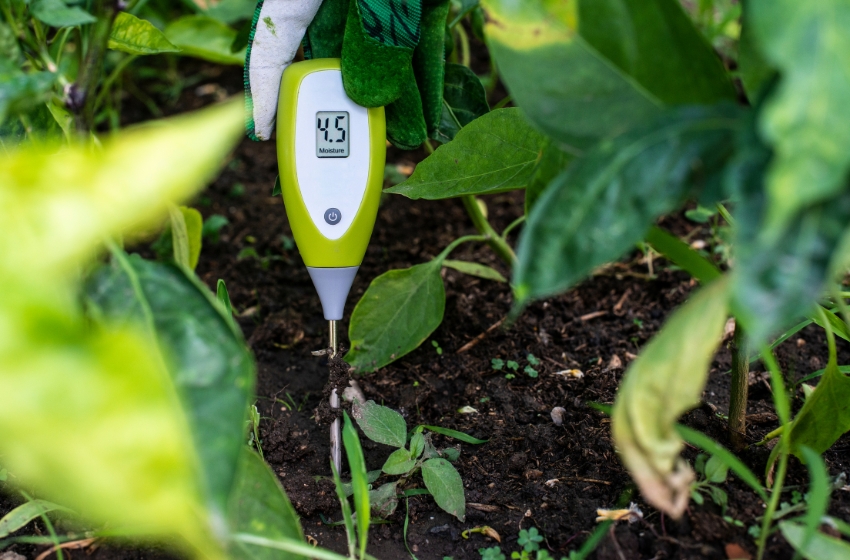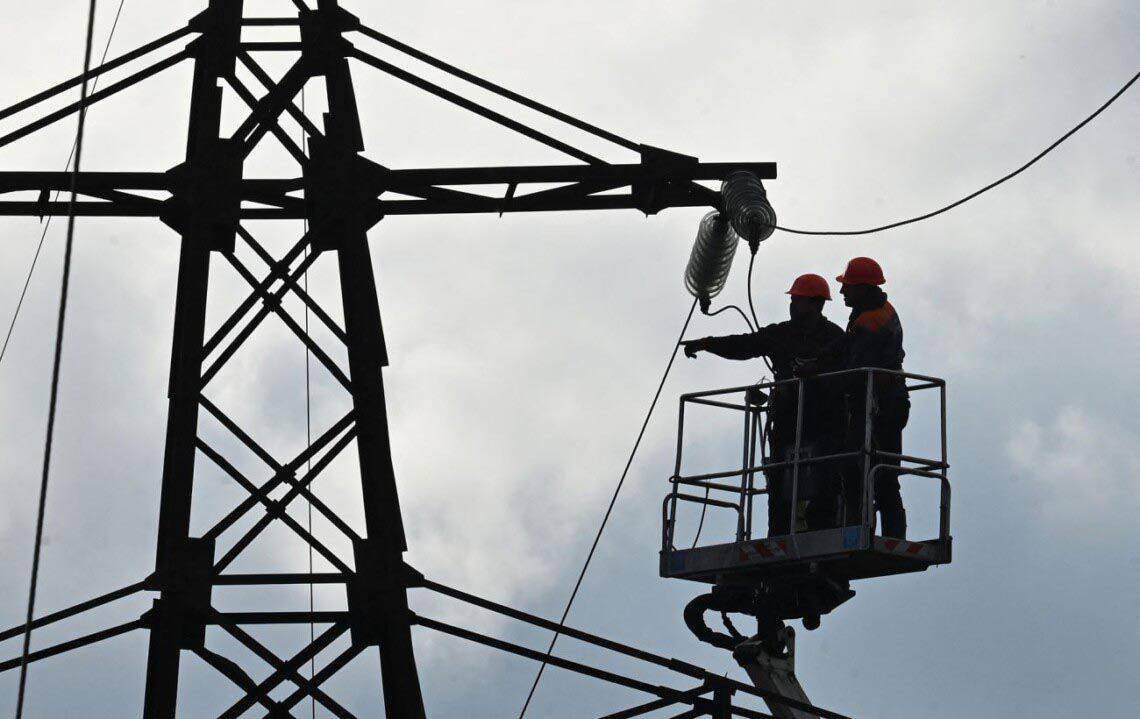In Ukraine, agrarians from Kherson and Mykolaiv regions are implementing an innovative solution for preserving soil moisture and providing organic plant nutrition for the first time in the country.
They obtained this free opportunity thanks to donors from Japan and the "Consolidated Communities" project, as reported by the USAID AGRO Programme.
The innovation involves the application of a sorbent—an organic hydrogel product—that helps retain moisture in the soil and decomposes into nutrients for fertilization after use. This solution is new to Ukrainian agrarians but well-known in Japan, India, and arid regions of EU and US countries.
"Over 50 companies and individuals from Okinawa Island (Japan) joined forces to provide Ukrainian agrarians operating in risky agricultural areas with 5120 kg of sorbent for free, enabling them to increase potential yields in areas most affected by the destruction of the Kakhovka Hydroelectric Power Station. Thanks to the innovative product provided by our partners from Japan, 125 agrarians from Kherson and Mykolaiv regions will be able to partially address the issue of water scarcity for irrigation," said Ivan Slobodyanik, Executive Director of the All-Ukrainian Association of Communities.
The sorbent, called EF Polymer, is an environmentally friendly product made from organic waste, such as fruit peels. Thanks to its hydrogel consistency, it retains moisture in the soil, gradually releasing it to the plants. Thus, the sorbent allows for a 40% reduction in water usage. Moreover, the product decomposes 100% biologically and transforms into fertilizers, helping save up to 20% on fertilization.
The sorbent is widely used in Japan and other countries worldwide. It is applied to the soil during sowing. Its operation principle involves absorbing water 50-100 times its weight, storing moisture in the soil for 15 days longer than usual, and slowly releasing it to the plants. This reduces the stress on crops from dehydration and prevents soil erosion. After 180 days, the product begins to decompose and acts as organic fertilizer. To initiate the sorbent's action, at least one watering or rainfall is sufficient.
According to feedback from Japanese and European agrarians, this innovative solution can increase yields in arid regions by 10-30%. The results of its application in Ukraine will be studied by experts from the Institute of Climate-Oriented Agriculture of the National Academy of Sciences of Ukraine, as well as agrarians from Kherson and Mykolaiv regions themselves.





















